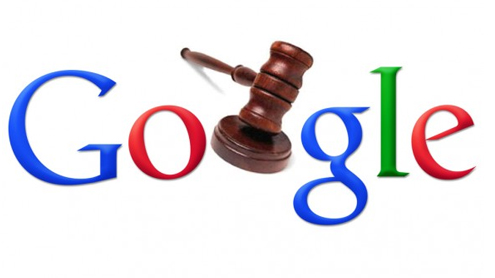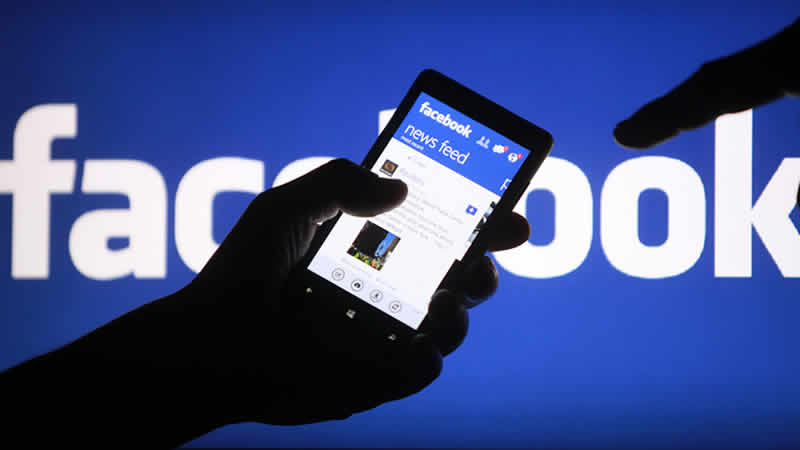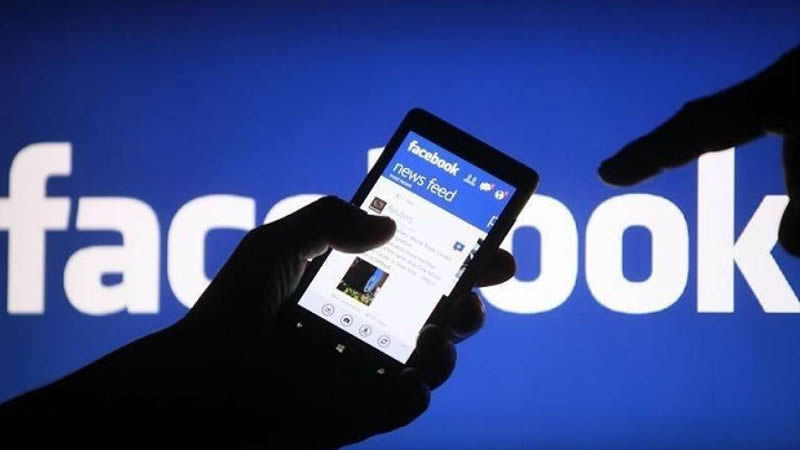
The Federal Trade Commission (FTC) has decided not to take legal action against Google at the end of a 19-month investigation into the search giant.
It found Google had not biased its search results to favour its products.Google has agreed to give advertisers access to more information about their campaigns and has agreed not to use other providers’ material such as product reviews in its search results.Google is still awaiting a competition ruling from the European Commission.Another key concession applies to how Google uses the patents it bought when it acquired Motorola Mobility last year for $12.5bn (£7.9bn).
Google has said it will charge “fair and reasonable” rates to companies that need to use its standard essential patents.Standard essential patents are ones that are critical to industry standards, for example, the technology that allows devices such as smartphones and tablets to connect to the internet over wi-fi.It has agreed not to take out injunctions forcing licensees to remove their products from sale if there are disagreements about how much a fair rate should be.Rivals had called for stronger sanctions to be taken against Google.
Fairsearch, an organisation representing several of Google’s critics such as Microsoft, said in a statement: “The FTC’s decision to close its investigation with only voluntary commitments from Google is disappointing and premature, coming just weeks before the company is expected to make a formal and detailed proposal to resolve the four abuses of dominance identified by the European Commission, first among them biased display of its own properties in search results.”
The FTC was asked to investigate whether Google was favouring its own products in search results.FTC chairman Jon Leibowitz told a press conference that the commission had found no evidence that Google’s search engine was biased towards its own services.”Some may believe the commission should have done more, but for our part we do follow the facts where they lead,” he said.”We do it with appropriate rigour. This brings to an end the investigation. It is good for consumers, it is good for competition and it is the right thing to do.”
One of the biggest changes to be implemented by Google will allow advertisers to copy ad campaign data to other search engines, such as Microsoft’s Bing.Google is also promising that it will stop copying content from other websites to use in its summaries, even though the company had insisted the practice was legal under the fair-use provisions of US copyright law.
In response to the settlement, Google’s chief legal officer David Drummond said in a blog post: “The US Federal Trade Commission today announced it has closed its investigation into Google after an exhaustive 19-month review that covered millions of pages of documents and involved many hours of testimony.”The conclusion is clear: Google’s services are good for users and good for competition.”
Big fine
It does not mean that the search giant is out of the woods on the issue of anti-competitive practices.Alongside the FTC investigation, Google is still under scrutiny from the European Union.In December, the EU’s Competition Commission gave the search giant a month to address four key areas:
- the manner in which Google displays “its own vertical search services differently” from other, competing products
- how Google “copies content” from other websites – such as restaurant reviews – to include within its own services
- the “exclusivity” Google has to sell advertising around search terms people use
- restrictions on advertisers from moving their online ad campaigns to rival search engines
Google is expected to respond to these concerns shortly.If found guilty of breaching EU anti-trust rules, Google would face a fine of up to $4bn (£2.5bn). – BBC












